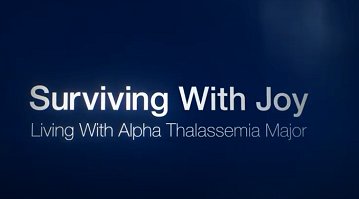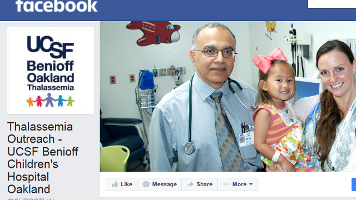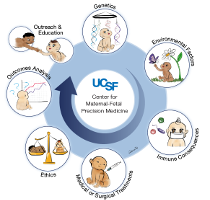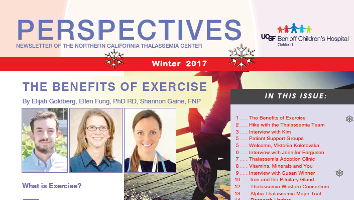Thalassemia Research and Care
Update on the SQUID Program
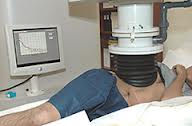 Since 2002, the Superconducting QUantum Interference Device (SQUID) has been an integral part of thalassemia care at CHRCO. The SQUID allows the thalassemia team to monitor iron concentration in the livers of patients and gives them a reliable tool to help adjust medication in order to avoid serious complications. Recently, some insurance companies have realized the importance of the SQUID in thalassemia care and have started covering the cost of the procedure. We have been following many thalassemia patients with the SQUID, and their yearly visits have given us a good history of their liver iron concentrations. Over the last decade, the SQUID biosusceptometer at CHRCO has performed over 2,000 measurements on over 800 local and international patients at risk for iron overload.
Since 2002, the Superconducting QUantum Interference Device (SQUID) has been an integral part of thalassemia care at CHRCO. The SQUID allows the thalassemia team to monitor iron concentration in the livers of patients and gives them a reliable tool to help adjust medication in order to avoid serious complications. Recently, some insurance companies have realized the importance of the SQUID in thalassemia care and have started covering the cost of the procedure. We have been following many thalassemia patients with the SQUID, and their yearly visits have given us a good history of their liver iron concentrations. Over the last decade, the SQUID biosusceptometer at CHRCO has performed over 2,000 measurements on over 800 local and international patients at risk for iron overload.
CHRCO is home to the only SQUID (biosusceptometer or Ferritometer® manufactured by Tristan Technologies) in the United States that serves a clinical population. The SQUID measurement of liver iron concentration (LIC) offers vital information for the management of thalassemia. LIC measurement is used, along with serum ferritin, to monitor total body iron stores. However, ferritin values are dynamic and can change rapidly depending on inflammation, intensive chelation/phlebotomy, or need for transfusion. LIC provides a more steady-state indication of total body iron. Unless it is diagnosed early and properly managed, iron overload can lead to serious complications, including cirrhosis of the liver, heart disease, osteoporosis, and ultimately, multiple organ failure and death at an early age.
Liver biopsy used to be considered the “gold standard” for assessing iron levels. However, biopsy is a painful, invasive procedure that often requires general anesthesia. In contrast, SQUID biosusceptometry is a pain-free, noninvasive alternative with the same level of accuracy as a biopsy. SQUID biosusceptometry is performed annually or biannually with minimal risk or discomfort to patients, and its availability has largely reduced the need for liver biopsies.
For more information, or to schedule a SQUID, please contact:
Marcela Wehymiller, PhD
SQUID Program Coordinator
Children’s Hospital & Research Center Oakland
mweyhmiller@mail.cho.org
(510) 428-3885, ext. 4248

